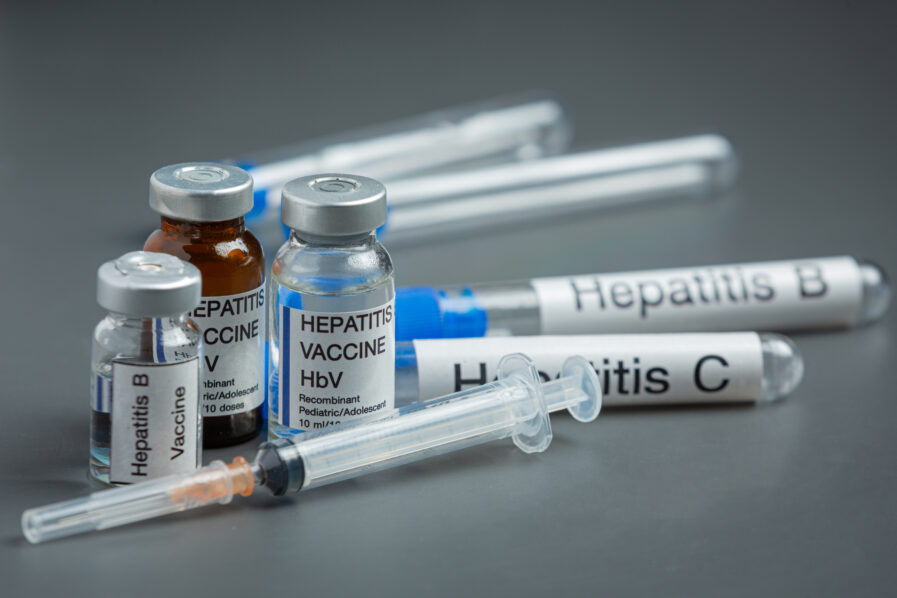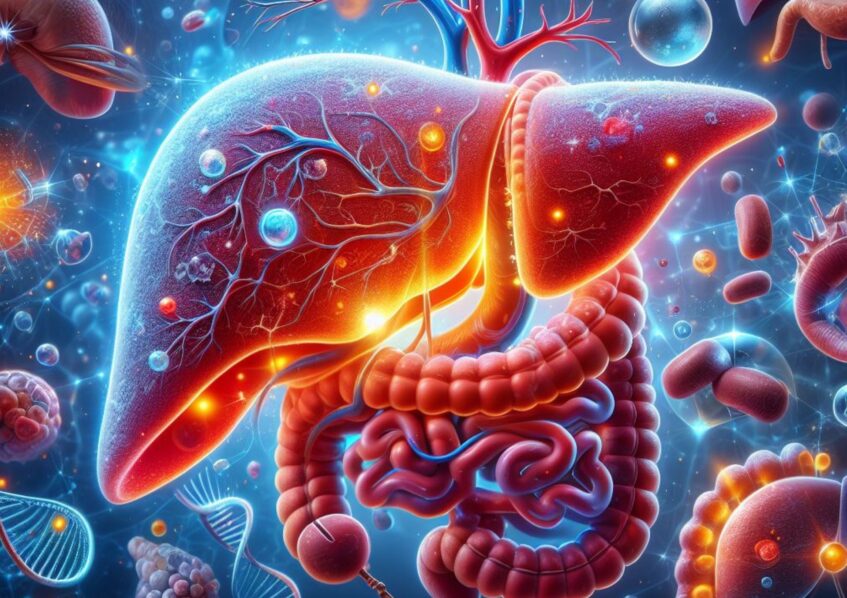Chioma Ndeche is a medical student at the University of Lagos, serving as the social secretary for AMSUL. She’s also the general secretary of AGAH, advocating for sexual and health rights. A lover of cats, perfume, and wine, she enjoys reading romance novels in her spare time.
[ad]
Addressing the growing concern of hepatitis in Nigeria, this article by CHIOMA NDECHE highlights the importance of awareness, testing, and vaccination to combat the spread and impact of this liver disease, she writes.
When I was younger, I vividly recall the widespread panic surrounding HIV/AIDS. People were so fearful that they avoided physical contact, and there was a significant level of stigma and misinformation about the disease. Many believed it was an unavoidable death sentence. However, what stands out most in my memory is the collective effort by numerous organisations and governments to combat the stigma and disseminate accurate information. I wish a similar effort was being made for it.

READ ALSO: Hepatitis worse than COVID-19 – Ex-WHA president
[ad]
Hepatitis is an illness that causes inflammation of hepatocytes, the cells in the liver. Various factors can cause hepatitis, including viruses, fat, alcohol, and even the body’s own immune response (in the case of autoimmune disorders).
Viral hepatitis is the most common form of this disease. It is caused by five different viruses: hepatitis A, B, C, D, and E. Hepatitis A and E are transmitted via the fecal-oral route, meaning they are spread through contaminated food or water. These types are acute, meaning they appear quickly and usually resolve on their own without long-term consequences.
[ad]
Hepatitis B, C, and D are spread through bodily fluids such as blood, semen, saliva, and breast milk. These types of illnesses are chronic, meaning they develop slowly and can persist for long periods. B has no cure but can be prevented with a vaccine. C, however, can be cured, but there is no vaccine for it. D is a defective virus that requires a pre-existing B infection to infect an individual. There is no vaccine specifically for hepatitis D, but the B vaccine provides protection against it.
READ ALSO: HIV, STIs remain global health challenge, kill 2.5m people yearly

It is important to note that hepatitis is not an automatic death sentence, but early medical intervention is crucial. Some common signs and symptoms of hepatitis include jaundice (yellowing of the eyes and skin), fatigue, abdominal pain, and dark urine.
[ad]
World Hepatitis Day is observed annually on July 28th to raise awareness about the dangers of hepatitis and to encourage people to get tested and vaccinated. This year’s theme is “Take Action. Test, Treat, Vaccinate”. I find the theme compelling because it underscores the need for proactive measures to reduce the spread of hepatitis.
Knowing your status is essential. Get tested regularly to stay informed about your health. If you find out that you have been infected with hepatitis B or C, it is crucial to start treatment immediately to manage the disease effectively. Vaccination plays a vital role in preventing the spread of hepatitis. B vaccines are readily available at many healthcare centres across Nigeria, and getting vaccinated can significantly reduce your risk of infection.
[ad]
It begins with me, and it begins with you. By taking responsibility for our health and the health of those around us, we can make a significant impact. Stay informed, get tested, start treatment promptly if necessary, and get vaccinated. Together, we can reduce the spread of hepatitis and protect our communities. Take action today and be the change.
[ad]








